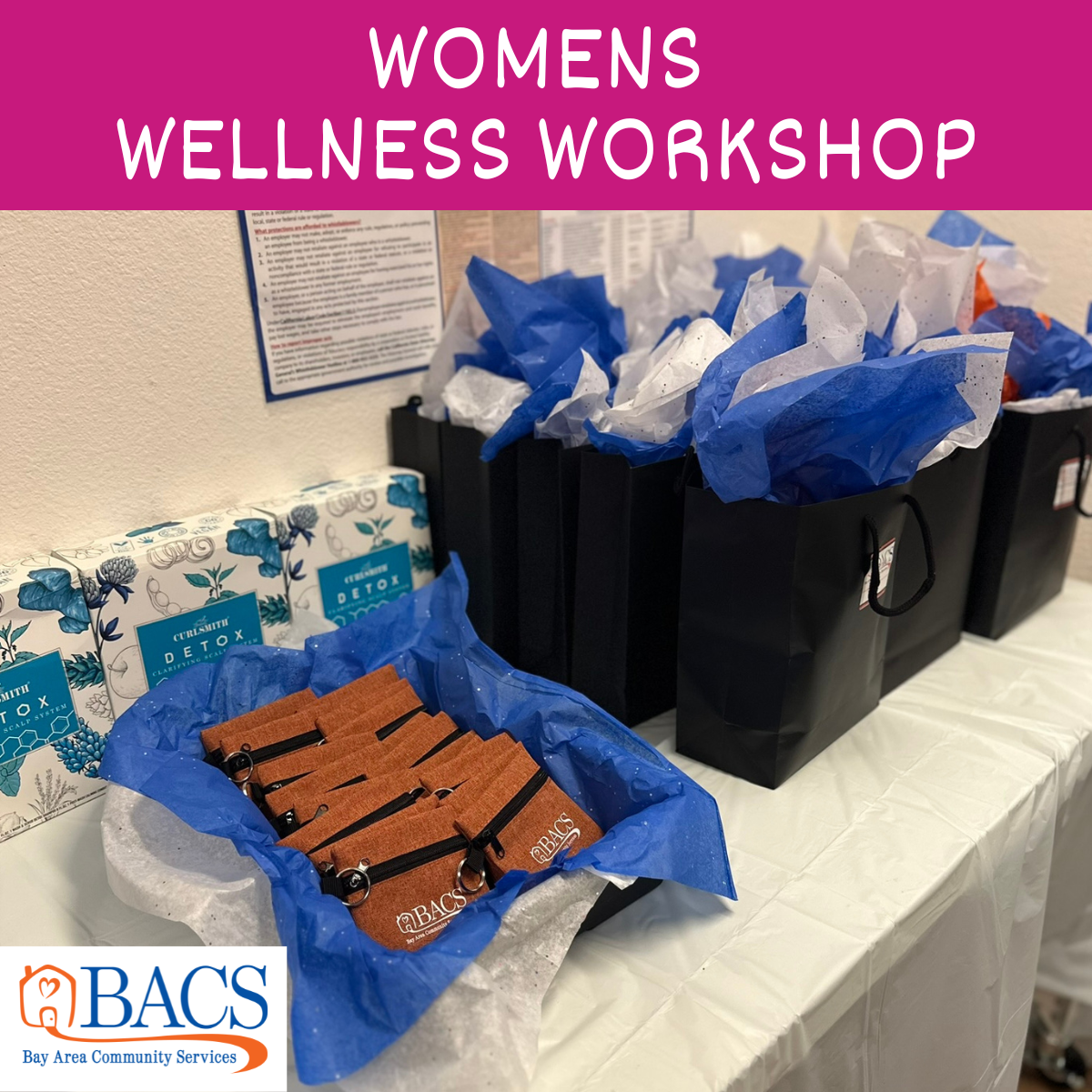BACS is proud to announce the launch of our Community Wellness Response Team (CWRT) in Sacramento! BACS’ CWRT does “whatever it takes” to help community members experiencing a crisis due to behavioral health challenges.
“BACS is so excited to partner with Sacramento County to provide the Community Wellness Response Team,” said Jamie Almanza, MBA, CEO of BACS. “Our communities know that we need a space outside of law enforcement to manage most behavioral health crises. People should be supported by peer providers and counselors towards to support the individual towards wellness and connection. We can improve outcomes and free up law enforcement resources for where they can be most effective.”






